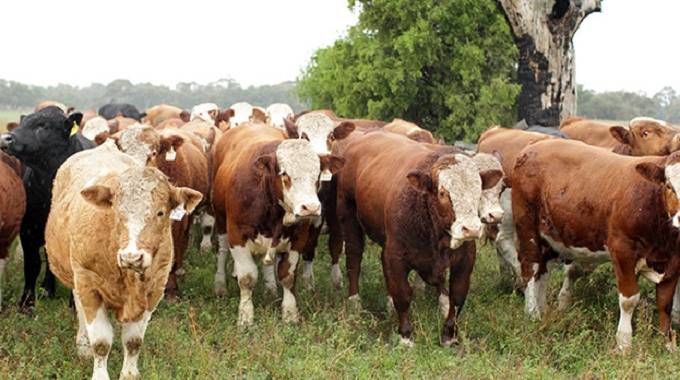TN Livestock Trust (TNLT), a subsidiary of Lifestyle Holdings, has re-opened its “cattle bank” where farmers can deposit their cattle for a number of years and are able to earn interest and borrow funds from a selected bank at “low” interest rates.
The firm is owned by lawyer, Tawanda Nyambirai.
The cattle bank, a 540-hectare farm in Featherstone, about 100 km from Harare, was initially opened in 2013 and had as many as 600 cattle being deposited by interested farmers at the time.
TNLT said it had re-opened the project and farmers will be able to access loans at an interest rate of 10 percent per annum from an RTGS $25 million facility opened with a local bank.
“You can borrow at low interest by using your cattle certificate deposit from TNLT,” the trust said.
“A fund of RTGS $25 million shall be set aside at Steward Bank Limited from which cattle depositors can be able to borrow.”
The firm said farmers interested in the programme, aimed at unlocking value in livestock, will get a “certificate of deposit” once they deposited their cattle at the farm which would allow them to get access to loan facilities.
“Minimum deposit period is now three years for beef cattle from date of deposit or date calf reaches two years of age,” TNLT said.
“For breeding stock, the minimum deposit period is five years from the date of deposit or from the date a heifer reaches two years.”
The trust said for breeding stock, farmers will be entitled to all calves.
“We will pay you for looking after your cattle,” TNLT said.
Farmers are protected against loss of cattle as the trust takes out insurance on the deposited herd and also employs experts to look after the cattle using modern livestock husbandry methods aimed at reducing mortality.
Besides access to loans, farmers also earn interest on their cattle deposit.
A farmer has the option to get their cattle after repaying the loan after the agreed period but stand to lose livestock to the value of the loan if they default on repayment.
